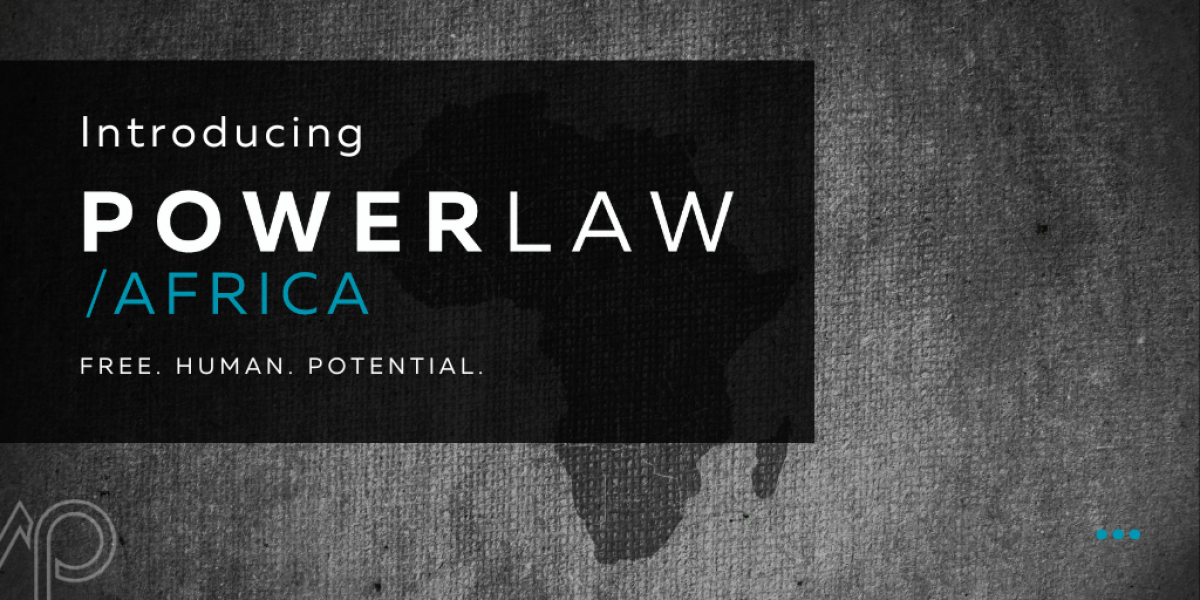European Union adopts directive to protect whistleblowers
On 7 October 2019, the European Union (EU) Council of Ministers adopted a new directive that will afford heightened protections to whistleblowers in EU member states. As such, member states now have two years to transpose the EU Directive on the Protection of Persons Reporting Breaches of Union Law (Whistleblower Directive) into their domestic legal frameworks.
As noted in the Whistleblower Directive:
Persons who work for a public or private organisation or are in contact with it in the context of their work-related activities are often the first to know about threats or harm to the public interest which arise in this context. By ‘blowing the whistle’ they play a key role in exposing and preventing breaches of the law that are harmful to the public interest and in safeguarding the welfare of society. However, potential whistleblowers are often discouraged from reporting their concerns or suspicions for fear of retaliation. In this context, the importance of providing balanced and effective whistleblower protection is increasingly acknowledged both at European and international level.
…
Whistleblower protection is necessary to enhance the enforcement of [EU] law on public procurement. In addition to the need of preventing and detecting fraud and corruption in the context of the implementation of the EU budget, including procurement, it is necessary to tackle insufficient enforcement of rules on public procurement by national public authorities and certain public utility operators when purchasing goods, works and services. Breaches of such rules create distortions of competition, increase costs for doing business, violate the interests of investors and shareholders and, overall, lower attractiveness for investment and create an uneven level playing field for all businesses across Europe, thus affecting the proper functioning of the internal market.
Article 1 of the Whistleblower Directive explains that its purpose is to enhance the enforcement of EU law and policies in specific areas, by laying down common minimum standards to provide “a high level of protection of persons reporting on breaches”. Further, as set out in article 5, persons reporting on breaches that fall within the scope of the Whistleblower Directive will qualify for protection, provided that: (i) they had reasonable grounds to believe that the information reported was true at the time of reporting and that the information fell within the scope of the Whistleblower Directive; and (ii) they reported the matter internally and externally, or directly externally or publicly disclosed information in accordance with the Whistleblower Directive.
Chapter VI of the Whistleblower Directive sets out the protection measures available to whistleblowers. For instance, article 19 provides that member states must take the necessary measures to prohibit any form of retaliation against whistleblowers; article 20 requires member states to ensure that whistleblowers have access to support measures, and article 21 calls for specific measures to protect whistleblowers.
The Whistleblower Directive is accessible here.
Please note: The information contained in this note is for general guidance on matters of interest, and does not constitute legal advice. For any enquiries, please contact us at [email protected].





